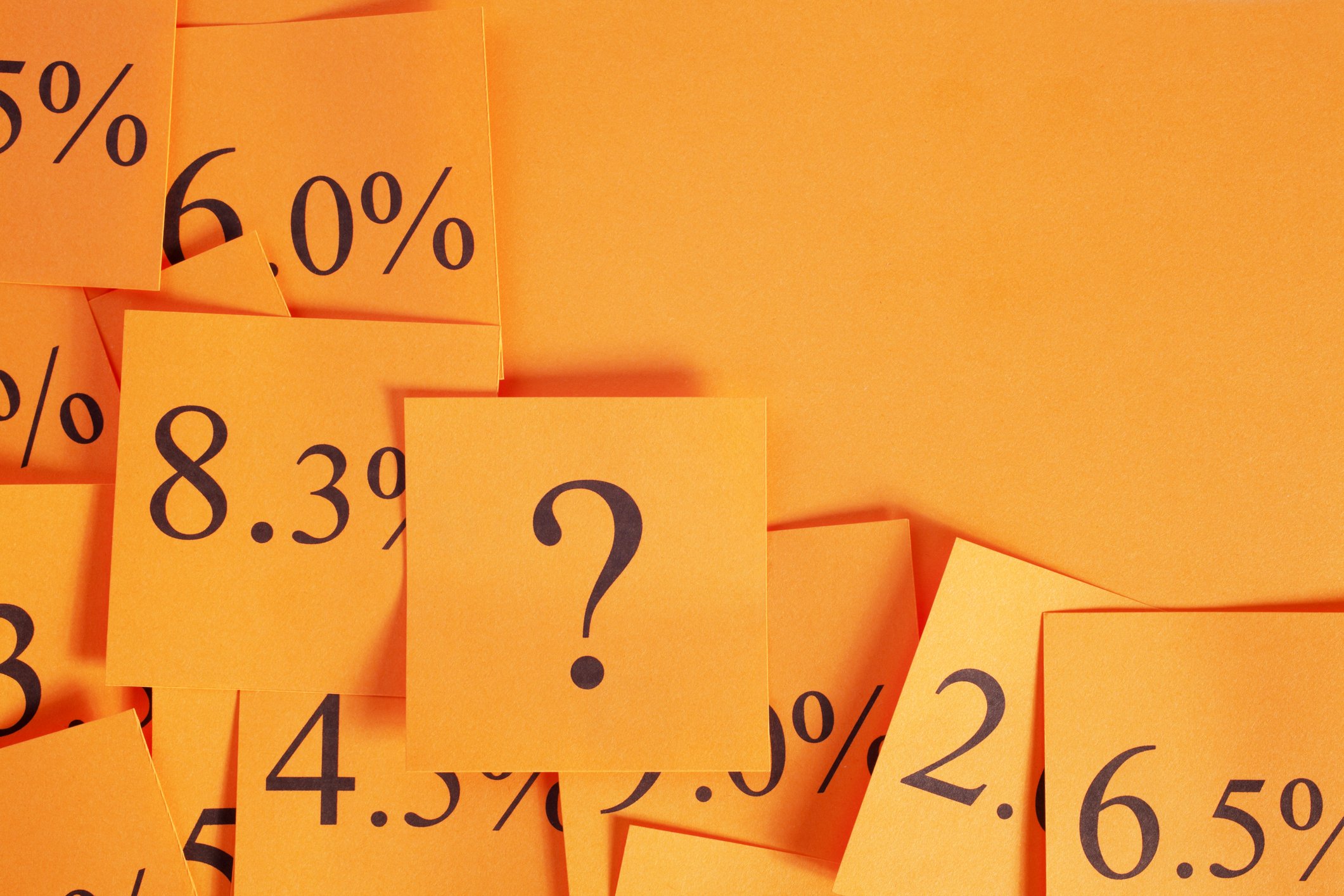How Do Banks Decide Your Credit Limit?
Introduction
When you're approved for a credit card, one of the first things you'll notice is your credit limit—the maximum amount you can spend on that card. But have you ever wondered how banks decide what that number should be?
It's not random. Banks assess several financial factors and risk metrics to decide how much trust (and money) to extend to you. Whether you’re a student with your first credit card or a seasoned professional trying to increase your limit, this guide breaks down exactly what goes on behind the scenes.
What Is a Credit Limit? (And Why It Matters)
Your credit limit is the ceiling on your credit card spending. For example, if your limit is £2,000, you can borrow up to that amount before repayments are required to free up more space.
But it’s more than just a spending cap—it influences:
Your credit score
Your ability to manage debt
How much interest you might pay
Your financial flexibility in emergencies
In short, it’s a reflection of how much a lender trusts you—think of it as your financial leash.
“Credit limits aren’t about how much you should spend—they’re about how much the bank trusts you to repay. The better your habits, the more that trust grows.”
How Do Banks Decide Your Credit Limit?
Banks use a mix of personal financial data, risk calculations, and behavioural insights to decide your limit. Here's a breakdown of the most important factors:
1. Your Credit Score
Your credit score is like a financial report card. It’s a three-digit number that signals your reliability as a borrower. The higher the score, the more confidence a bank has in your ability to repay what you borrow.
Banks typically use credit reports from agencies like Experian, Equifax, or TransUnion to get this score. Factors within your score include:
Payment history
Debt owed
Types of credit
Credit age
Recent inquiries
Higher score = higher trust = potentially higher limit.
2. Your Income and Employment Status
Banks want to know that you have the means to repay what you borrow. That’s why they ask for your income—whether it's a salary, freelance earnings, or other sources—and your job stability.
Someone earning £50,000 a year will usually qualify for a higher credit limit than someone earning £15,000, all other factors being equal.
3. Your Existing Debts and Credit Utilisation
Banks look at your debt-to-income (DTI) ratio—how much you owe compared to how much you earn. If you already have high levels of debt, they may see you as a higher risk and reduce your available limit.
They also check your credit utilisation ratio—how much of your existing credit you’re already using. Keeping this under 30% is a good rule of thumb.
4. Your Credit History
The longer you’ve had credit and the better your track record of repayment, the better. Banks like to see:
Old, well-managed accounts
No late or missed payments
Low account turnover (you don't constantly switch cards)
A credit history that spans 5+ years of responsible use often leads to better offers and limits.
5. Your Relationship With the Bank
Already a customer? Banks have more data on you. If you have a current account, savings account, or loan with them, they might be more inclined to offer a generous limit—especially if you've never gone overdrawn or missed a payment.
6. Wider Economic and Regulatory Factors
Banks operate within risk frameworks shaped by:
The economy (e.g. during recessions, they get stricter)
Internal lending policies
FCA and PRA regulations (UK-specific)
That means your limit can be influenced by factors beyond your control—even if your financial habits are great.
Real-World Examples
To help bring this to life, here are a few fictional cases:
1. Sophie – University Student
Age: 19
Income: £5,000/year (part-time job)
Credit History: None
Credit Limit: £500–£1,000
Limited history and low income = lower risk tolerance from lender.
2. Jack – Full-Time Professional
Age: 30
Income: £40,000/year
Credit History: 7 years, no missed payments
Credit Limit: £4,000–£8,000
Strong income and history = mid-to-high limit.
3. Priya – Small Business Owner
Age: 42
Income: £75,000 (fluctuating)
Credit History: Good, but with occasional high utilisation
Credit Limit: £3,000–£5,000
Income is strong but inconsistent; banks tread cautiously.
What Happens if You Ask for a Higher Limit?
Most banks allow you to request a credit limit increase online or via app. But be aware:
They may run a credit check (hard inquiry), which could temporarily lower your score.
You’ll need to provide updated income details.
You may be rejected if your recent usage patterns or payment history raise red flags.
Pro tip: Wait at least 6 months after opening the card before requesting an increase.
How to Improve Your Chances of Getting a Higher Limit
Pay on time—no exceptions.
Keep your credit utilisation under 30%.
Update your income with your bank when it rises.
Don’t apply for too many cards in a short time.
Use your card regularly (but responsibly) to show activity.
Common Myths About Credit Limits
Myth 1: “A higher credit limit hurts your credit score.”
Actually, it can help! More available credit lowers your utilisation ratio.
Myth 2: “Banks only care about your credit score.”
They also care about your income, debts, and spending patterns.
Myth 3: “Credit limits never change.”
Banks can increase or decrease your limit based on behaviour or market trends.
Final Thought
Understanding how banks decide your credit limit puts you in control. Build strong credit habits, manage your money wisely, and you'll likely see your limit (and financial freedom) grow over time.
Remember: A credit card isn’t just a borrowing tool—it’s a trust signal. Treat it like one.
FAQ’s
-
Yes. Banks can reduce your credit limit without notice if they view your risk profile as higher than before. You’ll usually get an explanation afterward.
-
Indirectly, yes. A higher limit can improve your credit utilisation ratio, which boosts your score—as long as you don’t max it out.
-
Not usually. The bank sets your initial limit based on their criteria. Some providers may allow you to suggest a preferred limit, but they’re not obliged to approve it.
-
Yes, using your full limit can hurt your credit score and may signal poor financial management. Try to stay below 30% of your available limit.
-
Sometimes. Some banks use a soft check, which doesn’t affect your score, while others use a hard inquiry. Always check before you apply.










